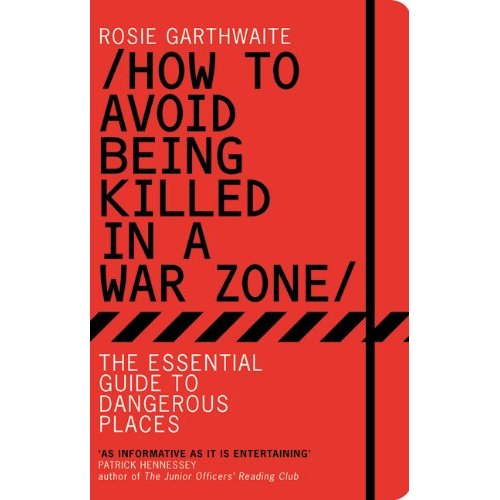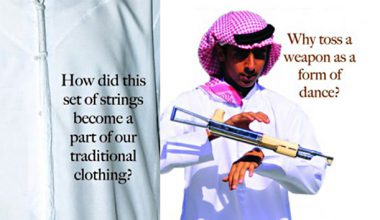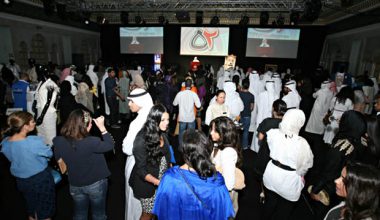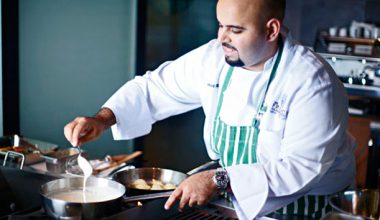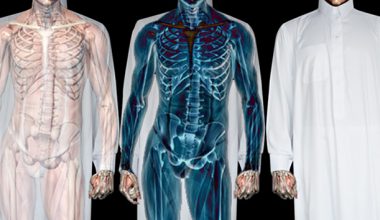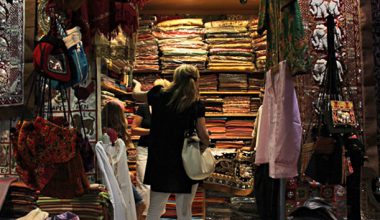It’s not everyday that you stumble upon a book with that title. Apart from it’s catchy title, How to Avoid Being Killed in a War Zone which is published by the Bloomsbury Qatar Foundation Publishing House, might leave some thinking that this belongs to the fiction aisle, on the contrary it's actually all true.
 Written by Rosie Garthwaite, whose career as a journalist started in war-torn Basra in Iraq, this book combines practical advice with contributions from journalists and commentators, including Rageh Omar and John Simpson; who all share their experiences and advice on surviving difficult and dangerous situations.
Written by Rosie Garthwaite, whose career as a journalist started in war-torn Basra in Iraq, this book combines practical advice with contributions from journalists and commentators, including Rageh Omar and John Simpson; who all share their experiences and advice on surviving difficult and dangerous situations.
You might cringe at the thought of reading something like that, but in our day and age who knows what kinds of situations one might experience or go through. This book includes topics such as how to avoid bombs and booby traps, how to escape from a riot, how to cope if you've had a traumatic experience and many more.
Author Rosie Garthwaite, a TV Journalist who works for Al Jazeera, seamlessly weaves this wealth of practical and sensible advice in a straightforward yet interesting way that oozes personality. Not your average guide-book, this book involves true life experiences and situations the Author as well as other Commentators have endured and survived.
Khaleejesque got a chance to interview Rosie, and ask her about her book and career as a journalist in war-torn nations.
What made you want to be a journalist? and did you expect to be sent to such a war-torn nation such as Basra?
Ever since I could earn money I have spent it on traveling; writing was always a part of that experience. When the Iraq war broke out I was fascinated. Many of my colleagues from when i was in the British Army as an Officer were there, texting me from the frontline. They told a very different story to that being told on TV. I wanted to get there myself and find out the truth. So I went and worked for The Baghdad Bulletin in June of 2003, just after my finals at Oxford University.
I don’t think I knew what to expect when I arrived but it was certainly every bit as exciting as I hoped; and scary too. I stayed in a broken down down building with no running water in the centre of Basra. I was very vulnerable there but at least it wasn't targeted like the hotels. I stayed with a family i met on the train who looked after me and taught me about their culture. It was 65 degrees, 40 at night and there was no AC in the tiny room they used as a house, but was the best way to learn about everything.Once I left though I felt guilty. My house was raided, the boy who looked after it was kidnapped, and I don’t know what happened to the family who took me in when I first got there; I dread to think..
Can you tell us about one of the most traumatic and difficult situations which you have experienced as a journalist?
One of my my most difficult experiences was covering the torture and death of Hotel Receptionist Baha Moussa whilst in the custody of the British Army. After interviewing all the people who had been in prison with Mussa when he was basically beaten to death, I knew it was people from a regiment I had been visiting at the time who had been responsible. They had been good to me and looked after me in a riot. I was very nervous about publishing the information. The British army were the only ones who knew where I lived. Plus, I had become close friends with many of them over time. But the story was too appalling and after the Lawyers from Reuters had a go at it, I could sit on it no longer. Three sleepless nights later, my closest soldier friend called to say I had done the right thing; this attention had kick started an investigation.
What made you want to write such a book and share your experiences with readers?
I wrote How to Avoid Being Killed in a War Zone because there were so many simple things I learnt during my time in Iraq that would have been so helpful to know earlier. I knew more information was out there on how to behave and work in conflict areas but it just needed to be written down. Most people in dangerous places are all too willing to pass on the information, but sometimes it can come too late. Now I have managed to get 68 war-hardened Journalists, Doctors and NGO Workers to tell me things they have learn along the way. The hope is that my friends and colleagues will be able to read this book and get a head start on what to do before, in the midst and after going to one of these scary places. I made so many mistakes during my first trip, the aim is that no one else will make them after reading the book.

How to Avoid Being Killed in a War Zone is Rosie’s first book. Published by Bloomsbury Qatar Foundation Publishing House, this book is available on Amazon.
3 Lucky Readers will get a chance to win a copy of How to Avoid Being Killed in a War Zone; this give-away is sponsored by the Bloomsbury Qatar Foundation Publishing House. To be eligible, just leave a comment on this post (you must reside in the GCC).

